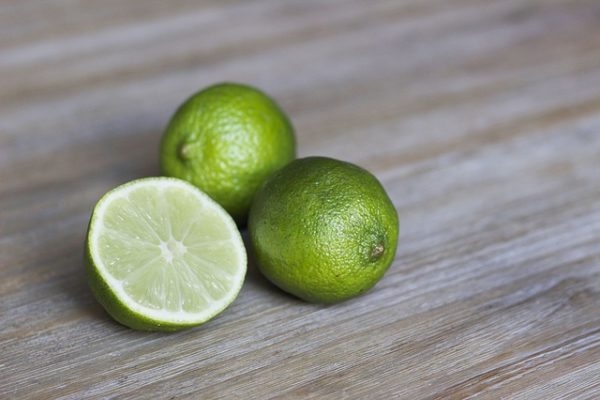 Sure enough, your dog will try out anything you attempt to feed them, but even they know when something about it may be off. If you’ve tried to feed your dog some lemon before, they may have taken to it well, or may have spit it back out in a comical way. The sour and bitter taste lemons have make the fruit undesirable for most dogs, and perhaps this is for the better.
Sure enough, your dog will try out anything you attempt to feed them, but even they know when something about it may be off. If you’ve tried to feed your dog some lemon before, they may have taken to it well, or may have spit it back out in a comical way. The sour and bitter taste lemons have make the fruit undesirable for most dogs, and perhaps this is for the better.
Some big questions to keep in mind before even attempting to feed your dog lemons is; is it even worth it ? Are there any benefits to be seen ? The answer is no. There are no studies in veterinary medicine that prove a dog’s lemon consumption can enhance its quality of life and bodily functioning.
What’s Wrong With Feeding My Dog Lemons?
The most important factor to consider in a dog’s lemons consumption is the acidic properties found in lemons, as well as the sugar it contains. An excessive amount of exposure to citric acid and other acidic properties can become toxic, leading to problems such as gastrointestinal upset, muscle tremors and even in extreme cases, liver failure.
The acidity in the lemon juice can lead to diarrhea and vomiting, two things very undesirable as a pet owner, as these are immediate tell-tale signs that something is wrong.
Safe for humans but relatively toxic to dogs, phototoxic compounds produced in lemons called psoralens pose a threat that should be avoided altogether. This substance can lead to drastic issues such as weakness, impaired coordination skills, drooling and collapse.
The trio of sugar, phototoxic compounds and acidic properties is a harmful powerhouse that your dog simply does not need to take the risk of facing. The vitamins and minerals found in lemons can be consumed through many other foods that are safe for dogs.
Health Benefits of Lemons Found In Other Foods
Lemons contain loads of B Vitamins, as well as Vitamins A, C, E and K. They also contain minerals such as Magnesium and Iron. Luckily, all of these healthy substances can be found in other foods that are safe for your dog. Through proper and careful feeding, your dog can consume these healthy substances through foods such as;
- Eggs
- Salmon
- Mangoes
- Apples
- Turkey
- Chicken
- Broccoli
Like any human food fed to dogs, all of these should be fed in moderation, with supervision of how they react to it.
How To Treat Lemon Poisoning
If the unfortunate event ever arises that your dog consumes an excessive amount of lemon behind your back, the first thing to do is check for signs of harm. These include the harms listed above, as well as more quickly-noticeable ones such as skin and rash irritation, weakness and vomiting.
Following checking up on your dog, immediately contact your veterinarian and give them all of the details pertaining to how much you believe they ate, when they ate it, and if they’ve ever eaten it before. With these details, your veterinarian will take you from there as to what treatment options to impose. If these details are unknown to you, the toxin can be identified through blood tests, urinalysis, and other examination methods.
There are multiple ways in which lemon poisoning can be treated, and these will vary depending on your dogs size, weight and amount of lemon ingested.
All In All, Lemons Are Best Avoided
Sure, lemons contain many healthy substances that have proven to be beneficial to humans. But, this does not apply so smoothly to dogs, as there are many areas where your dog’s lemon consumption can go wrong. The acidic properties, sugar, and potential health risks should give dog owners at large enough reason to avoid the fruit, and look for other dog-friendly food options where they can find the healthy vitamins and minerals found in lemons. Better to be safe than sorry, especially when it involves the safety of your beloved furry companion!
Sources
McCulloch, Marsha. “15 Healthy Foods High in B Vitamins” Healthline. October 11, 2018. https://www.healthline.com/nutrition/vitamin-b-foods
Wag! “Lemon and Lime Poisoning in Dogs – Symptoms, Causes, Diagnosis, Treatment, Recovery, Management, Cost.” WagWalking, Wag!, 13 Oct. 2016, wagwalking.com/condition/lemon-and-lime-poisoning

Hi, I am Andrew. I am the editor at FamilyWithPets. I am enjoy learning and sharing information about pets that helps enrich the lives of pets and pet parents.
